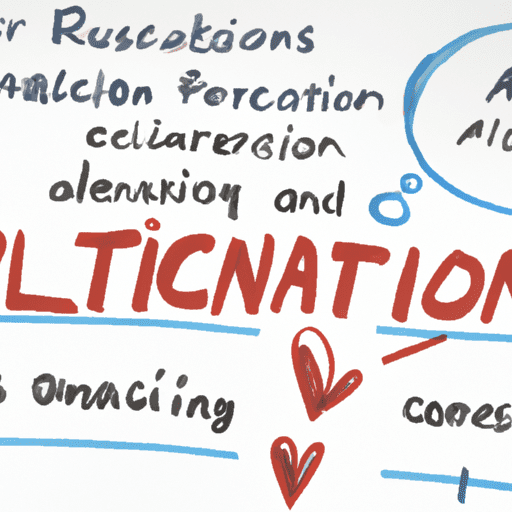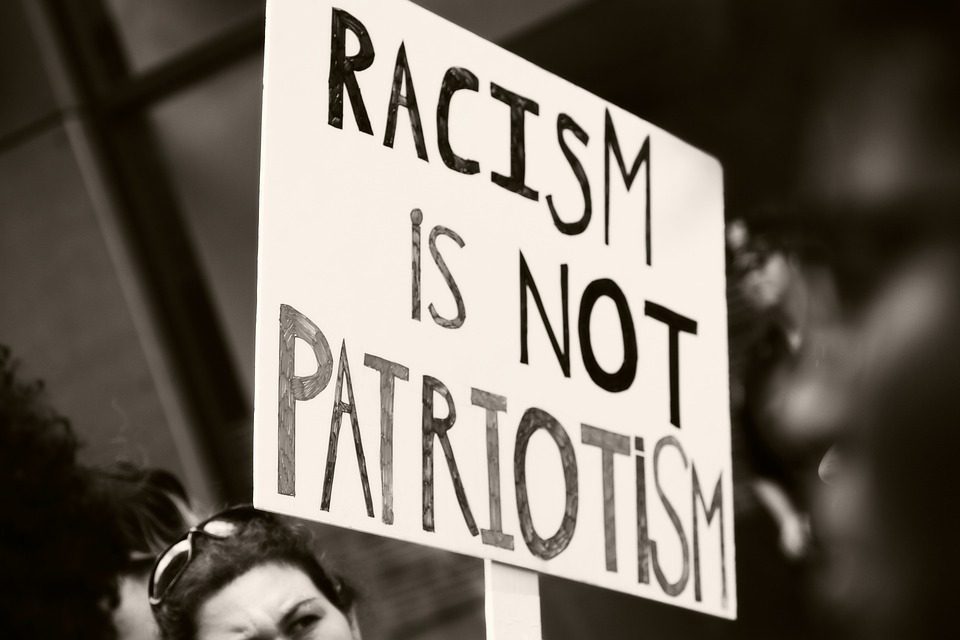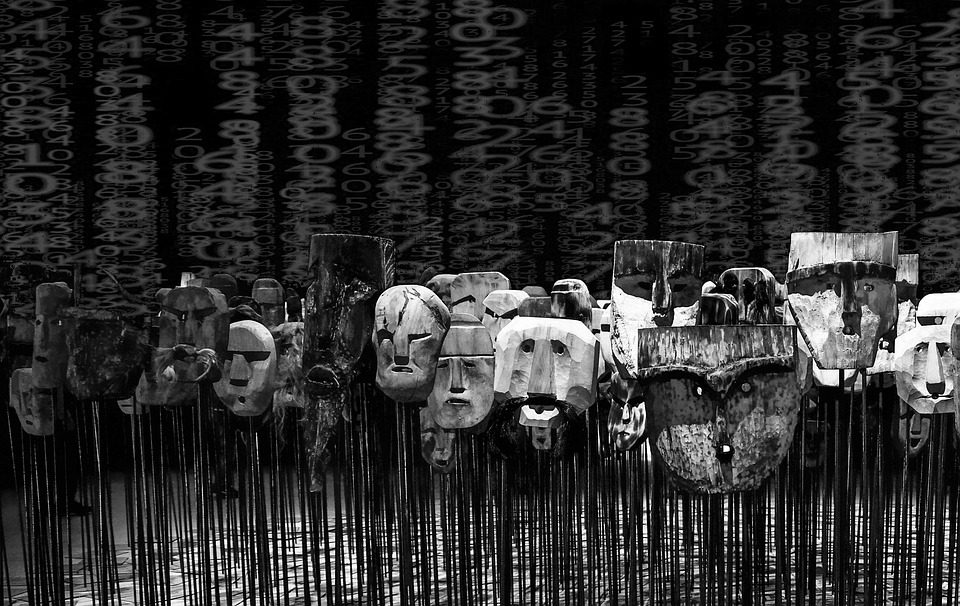As we navigate the current political climate, the field of political science offers valuable insights and tools to help us understand and engage with the complex issues of our time. From the polarization of political discourse to the rise of populism and nationalism, political science provides much-needed context and analysis to make sense of these developments and their implications for our society and democracy.
One of the key contributions of political science is its emphasis on empirical research and rigorous analysis. Through systematic data collection and analysis, political scientists are able to identify patterns and trends in public opinion, voting behavior, and policy outcomes. By drawing on a wide range of theoretical frameworks and research methods, political scientists are able to provide insights into the ways in which political institutions and processes shape our society and our lives.
One of the most pressing issues in the current political climate is the rise of populism and nationalism. These forces have been fueled by a range of factors, including economic insecurity, cultural anxiety, and the erosion of trust in traditional political institutions. Populism and nationalism are defined by a rejection of political elites and a appeal to the interests and values of the “common people” or the nation as a whole.
Political science offers useful tools for understanding the dynamics of populism and nationalism, and for assessing their potential risks and benefits. For example, political scientists have studied the ways in which populism can lead to the erosion of democratic norms and institutions, and can encourage the rise of authoritarian leaders. By analyzing the rhetoric and actions of populist leaders, political scientists can identify the ways in which they seek to mobilize support and undermine opposition.
At the same time, political science also highlights the potential benefits of populism, such as the ability to mobilize popular support for important social and economic reforms. By examining the historical and comparative experiences of populism, political scientists can identify the conditions under which it has been successful in promoting progressive change, as well as the risks and challenges that it presents.
Another important area of study in political science is the study of polarization and political discourse. In recent years, political discourse has become more divisive and toxic, with the rise of “fake news”, online propaganda campaigns, and the weaponization of political identity. Political scientists have studied the factors that contribute to polarization, such as the influence of partisan media, the sorting of voters into ideologically homogenous communities, and the impact of social media on public opinion.
Political science also provides insights into the ways in which polarization can be mitigated or overcome. For example, by studying the role of cross-cutting cleavages, in which voters have multiple identities and interests that cut across ideological lines, political scientists can identify ways to promote greater dialogue and understanding across partisan divides. By emphasizing the importance of evidence-based argumentation, political scientists can promote a more reasoned and constructive public debate.
Finally, political science can help us to understand the ways in which political institutions are responding to the challenges of our time. From the role of the courts in protecting individual rights and civil liberties, to the ways in which political parties are adapting to changing demographics and voter preferences, political science provides valuable insights into the ways in which our political system is evolving.
Through the study of comparative politics, political scientists can also identify the ways in which other countries are responding to similar challenges, and the lessons that can be learned from their experiences. By examining the factors that have contributed to the rise of authoritarianism in other countries, for example, political scientists can help to identify the conditions under which democracy is most vulnerable, and the strategies that can be used to defend it.
In conclusion, political science offers valuable insights and tools to help us navigate the complex challenges of our current political climate. Whether we are trying to understand the rise of populism and nationalism, the dynamics of polarization and political discourse, or the ways in which our political institutions are evolving, political science provides a rich and diverse set of theoretical frameworks and empirical methods to guide our analysis and action. By emphasizing rigorous research, evidence-based argumentation, and a commitment to democratic values and norms, political science can help us to build a more just and prosperous society for all.















































